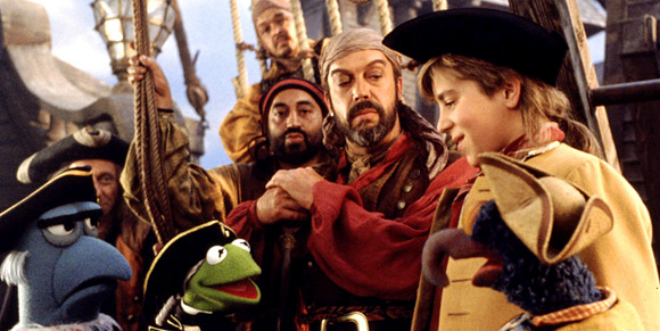Film rather than television today, as I take a quick look at Hector and the Search for Happiness. This 2014 ‘comedy’ left a distinctly mixed impression with it’s interesting depictions of mental health treatment and disjointed narrative mixed with someone interesting motifs, humorous moments and heart-warming (if occasionally nausea inducing) message.
The film is in essence another star vehicle for Simon Pegg, who outside of the niche world of British surrealist comedy and the films of Edgar Wright has predominantly found himself playing second fiddle to american action stars as british geeks (seems like typecasting to me). Pegg makes for a reasonably convincing leading man as Hector, a psychiatrist who realises that his life of routine has little meaning when he loses it with a patient, and decides to go on a world trip to discover what happiness is. There were places that I felt that Pegg was unable to properly convey the emotional intensity that the role required, particularly in the kidnap scenes and Hectors emotional epiphany in LA but generally it was a decent performance. Rosamond Pike’s performance conflicted me, on the one hand I know that Pike is a fantastic actress (see Gone Girl) but the role of Clara comparatively allowed very little of that talent to shine through, the performance felt jerky, particularly towards the end and the emotional leap Clara takes in the space of five minutes felt unrealistic particularly as I spent 75% of the film under the impression that she was cheating on him to get ahead at work.
Peter Chelsom’s use of motif was interesting if tragically underused. The yellow biplane and the younger Hector with his dog were interesting motifs scattered throughout the film but the under utilisation of them for any real purpose made them incongruous to the rest of the narrative . I feel as though the film could have been improved my Chelsom making a firmer decision over his conceptualisation of the film .
The script was by-in-large the emotional anaesthetic that the title suggests that it will be. However, there were some troubling moments in the film that left me questioning the screenwriters motives and understanding. Most prominently, the kidnap/torture scenes which felt as though there should have been more done with them, I felt as though the static narrative didn’t allow for the film explore the full impact that something that traumatic would have (even discounting for the possibility that he wouldn’t develop full blown PTSD).I wanted the script to have allowed for a slightly more dramatic interpretation of the events, even if it was just five minutes of Hector sitting down with his friend Michael and actually talking about what he went through, the conclusion Hector makes could be exactly the same, Benedict Cumberbatch who went through a similar experience in South Africa’s public comment on the incident has been reflect that the incident taught him to seize life as it comes. As it was the film almost brushed over the trauma of the kidnapping in favour of Hector hitting on women half his age (again). I feel like they should have done more with one of their most emotionally charged scenes.
Secondly, I felt as though the Agnes/Hector scenes could have been handled better, the sense of the void between them was underplayed and I felt as though the emotional breakthrough Hector has could have been made more profound by making his conversation with Agnes more emotionally charged and allowing her more time to explain her perspective, allowing the scenes in LA to feel more bittersweet and less ‘man-child in strop’. Overall, I feel as though making the narrative less static would have allowed for a smoother emotional transition, the film is supposed to be an emotional journey but it felt like several short emotional trips. I also personally felt as though the objectification of women was rather cheap, I would have liked more scenes in which the women around him were not just much-younger objects of desire, this could have been achieved by making his de-objectification of the young lady in Africa more obvious and as previously stated, maturing the Agnes/Hector conversation.
I also personally felt as though the solution to the majority of Hector’s problems would have been for him to perhaps think about treating patients with more acute mental illnesses rather than the rather comedic but banal cases that he was actually treating, but that my just be me…
Hector and the Search for Happiness is never going to be a cinematic masterpiece but it made for reasonably good visual anaesthesia and whilst I don’t believe that I will watch it again in the immediate future, I’m not going to demand two of hours of my life back either. I feel as though perhaps there was more that could have been done to emotionally charge the film more but it is not an unsatisfying film.
2.5/5.0
Hector and the Search for Happiness can now be found on Netflix.







